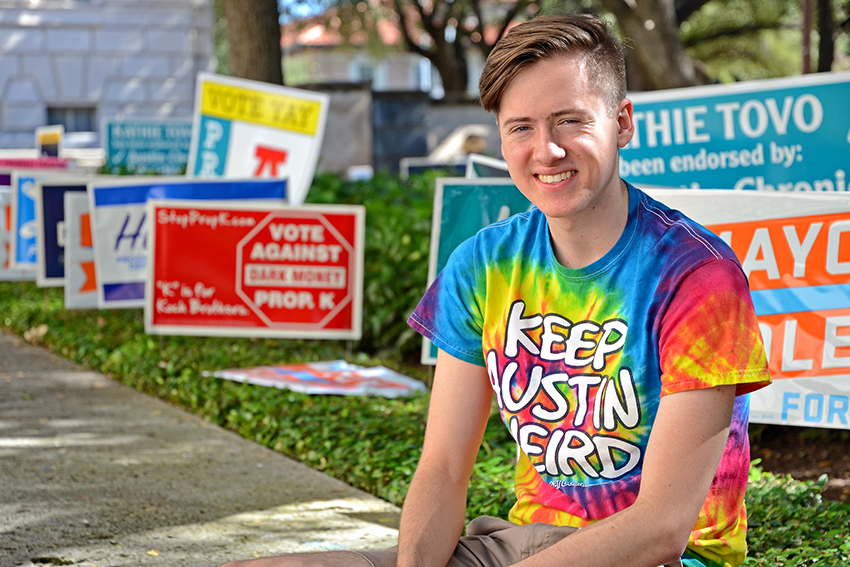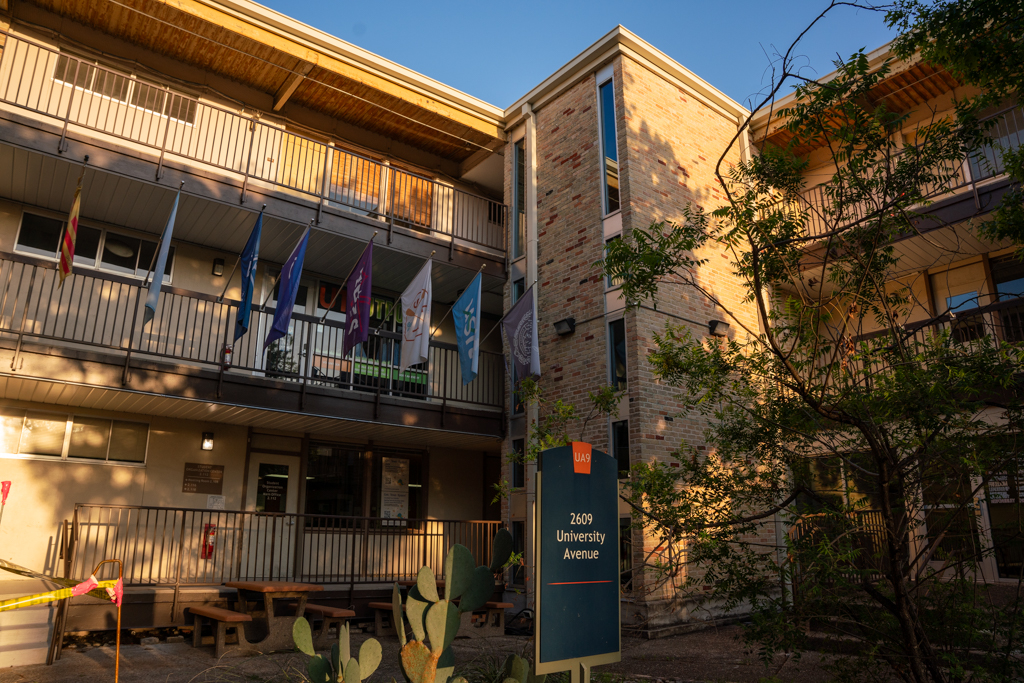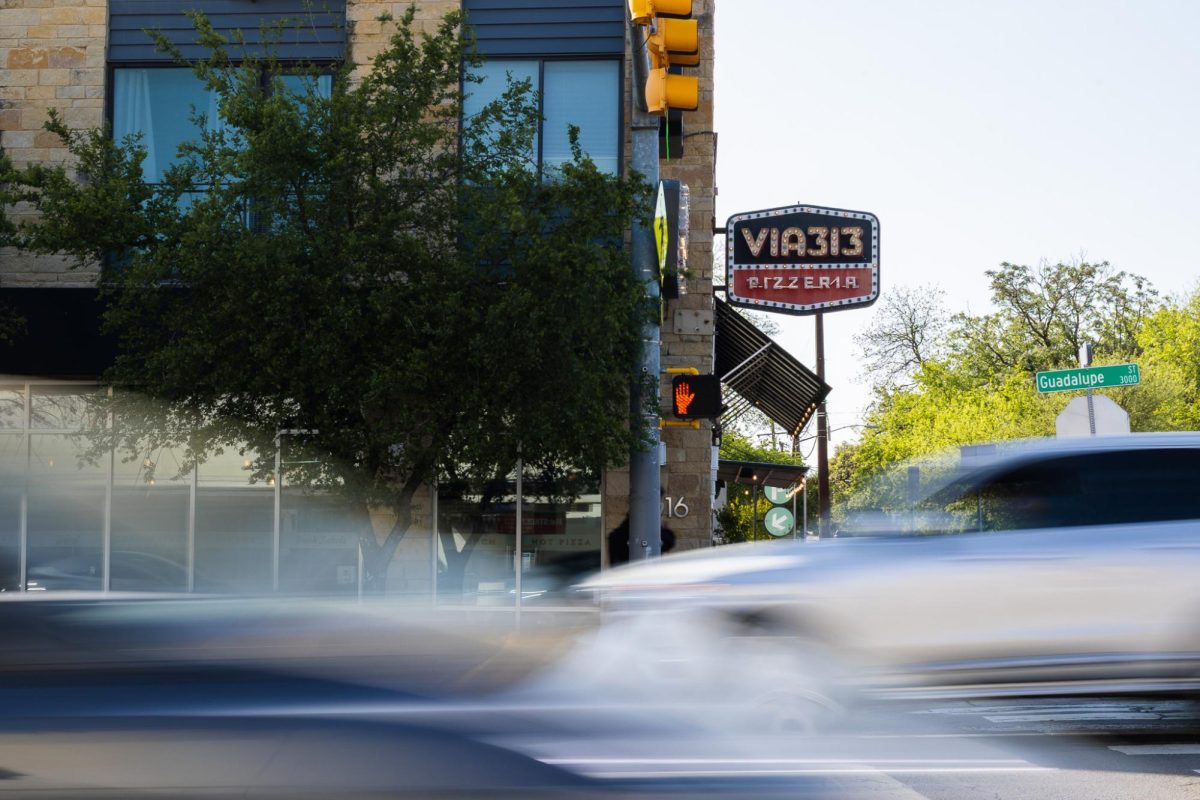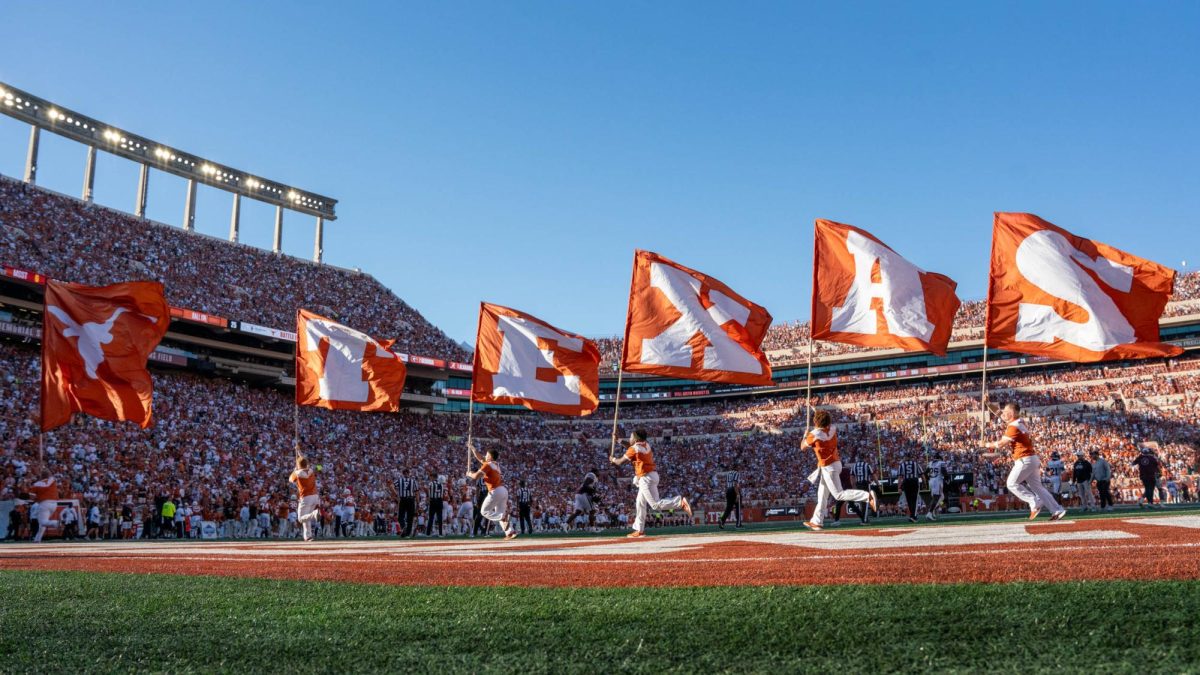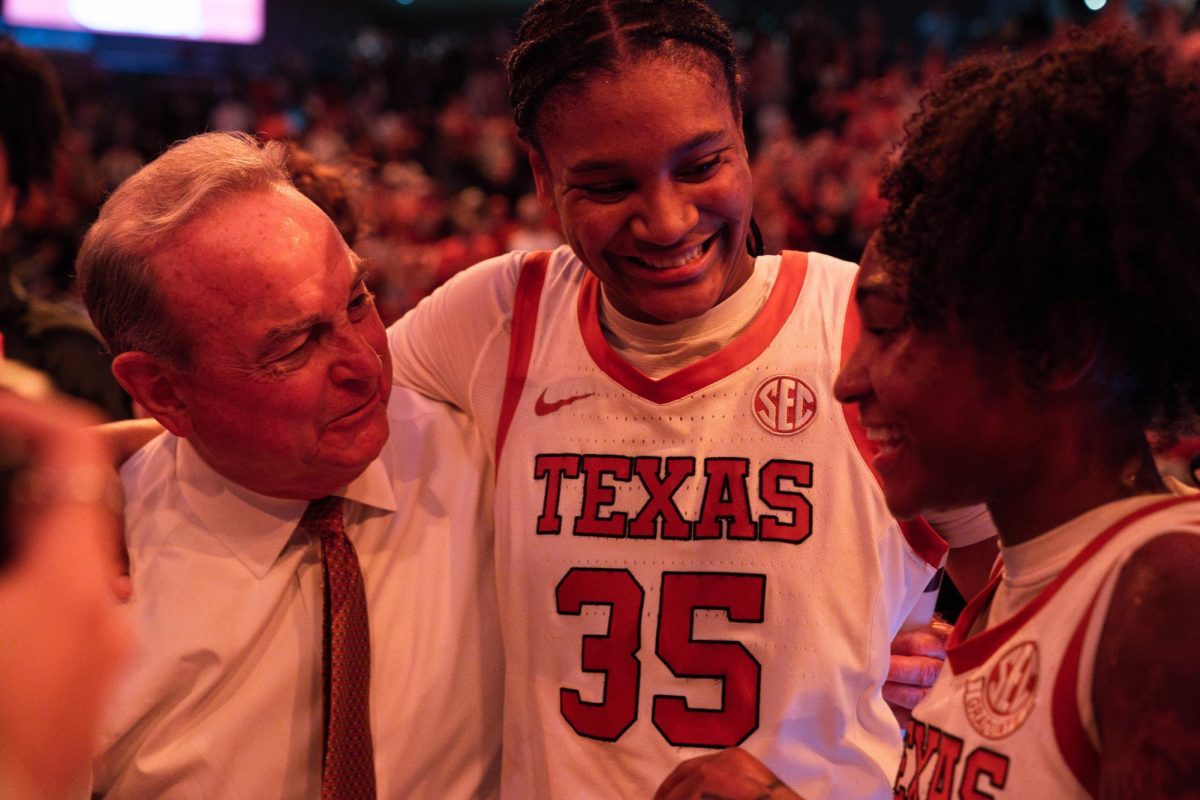The largest group of registered voters in Travis County is now between the ages of 18 and 25, which means many people voting in the upcoming midterm election will be doing so for the first time.
Maya Patel, the interim president of TX Votes, a UT organization dedicated to increasing civic engagement by students, said this is exciting news.
“On Friday, Bruce Elfant, the Travis County tax assessor, announced that there has been an unprecedented surge in voter registration that now makes 18 to 25-year-olds the largest voting bloc in Travis County,” chemistry junior Patel said. “You can’t vote if you’re not registered, and we have the most people registered. I think that’s a direct reflection of the fact that young people are excited about this election.”
Patel said she attributes this enthusiasm to recent political news and enduring feelings from the last election.
“I think a lot of it has to do with the political climate in this country,” Patel said. “I also think a lot of it has to do with the outcome of the 2016 election, where people were so sure that it was going to go one way and it didn’t, and part of that is because people were overly confident and didn’t vote.”
Avery Denning, a first-time Texas voter originally from Chicago, said paying closer attention to the news sharpened her convictions to vote.
“I started to actually follow the news this year,” said Denning, a management information systems sophomore. “I just remember getting really, really frustrated with what I was reading. The more frustrated I was with it, the more closely I began to follow, and it kind of turned into a cycle of ‘now I’m an informed voter’ and I think it’s important to remain informed.”
Denning also said being able to vote in Texas made her feel like her vote carried more weight.
“This is my first time voting in Texas because I’m from Chicago,” Denning said. “The election that’s happening here is, I think, much more pivotal than the elections that we’re having in Chicago.”
Sean Tucker, another first-time voter, said many students avoid civic engagement before college because they do not see the direct impact of government in their lives.
“Being young and being a teenager and then becoming a young adult, you don’t see a lot of the effects of government in your life,” said Tucker, a communication and leadership sophomore. “Once you get to a place like college and you hear the stories of others — you meet someone who is a DACA recipient, things like that — you really start to recognize how important government is.”
Tucker said he hopes the increase in civic engagement by young people this year is successful in bringing change.
“I think this election, even more than just whether or not Congress flips, is more important in a sense of momentum — hope for the future,” Tucker said. “I’ve seen so many more young people become so passionate and so actively engaged in civic engagement, activism and volunteering for candidates this year and I think if there were to be a big dud and nothing changes, that would cause a lot of resentment and doubt in our generation.”

